After the Tragedy, the Farce
The tragedy was the Glória elevator disaster, with its deaths and injuries. The farce was provided by the political class. No, I'm not talking about the demands for explanations and fact-finding: all that is the job of politicians. I'm talking about the debate over the resignation of the mayor of Lisbon, just a month before elections. If that's not what's called 'political opportunism,' I don't know what is.
When Jorge Coelho left the government after the Entre-os-Rios bridge collapse, he inadvertently created the legend that, whenever there's a disaster, 'resignation' is the only dignified option for a leader, the proper way to acknowledge their 'political responsibility.' Since then, it has become the first thing oppositions demand and journalism speculates about. Does it make sense? No. In the face of an accident, a leader's responsibility is to rush to the victims and mitigate the consequences; it's to clarify causes; it's to reinforce prevention. Their first option cannot be to resign: that's not taking responsibility, it's fleeing from it. Resignation only makes sense when the origin of the catastrophe is negligence or personal error or that of services under their supervision. Otherwise, demanding and giving resignation is just theater. Do we need this theater?
Of course, the Socialist Party never expected Carlos Moedas to resign. This is the same party that in 2017, with 115 deaths and distressing evidence of state disorganization and lack of foresight, continued impavidly in government. And deaths in fires on the scale of 2017 are a case where demanding resignations is justified. The annual recurrence of fires imposes on the government the duty to prepare the country to avoid its worst consequences (deaths, communication and circulation cuts, etc.). It's legitimate to consider them guilty, beyond the generic 'political responsibility,' if, having had due time, they fail in that mission. Elevators don't fall regularly in Lisbon to apply the same reasoning. Or better: when an elevator fell in 2018, no one knew, because the socialist councilors may have kept it secret.
It was just an attempt to exploit the accident to shake Carlos Moedas on the eve of elections. But is it rational for a Lisbon resident to decide their vote based on who performed worse or better in this little theater? Lisbon, due to the size and symbolism of the city council, is too important for that levity. In Lisbon, it's not about personalities, but the same major political choices that divided the country in the last national elections. Carlos Moedas could, in all this story, have shown more confidence and less availability for the television stage. During his term, he might also have realized earlier that the country and Lisbon were changing. But a candidate should never be evaluated without considering the alternative. Only Carlos Moedas, due to the electoral system, can prevent the largest city council in the country from falling under the influence of those who think the housing problem is having private owners, that the security problem is having too much policing, that controlling migration is racism, or that our history and traditions are to be repudiated.
Do you believe the Glória elevator would never have fallen if it had been painted with the colors of Palestine? Because there must be in the socialist alternative candidacy to Moedas someone capable of believing that. For there to be a majority of common sense and to prevent Lisbon from being reduced to a woke commune, it's possible—and perhaps even advisable—to vote for other lists besides the PSD and its allies for the Municipal Assembly. But for the presidency of the city council, it's only possible to vote for Carlos Moedas.



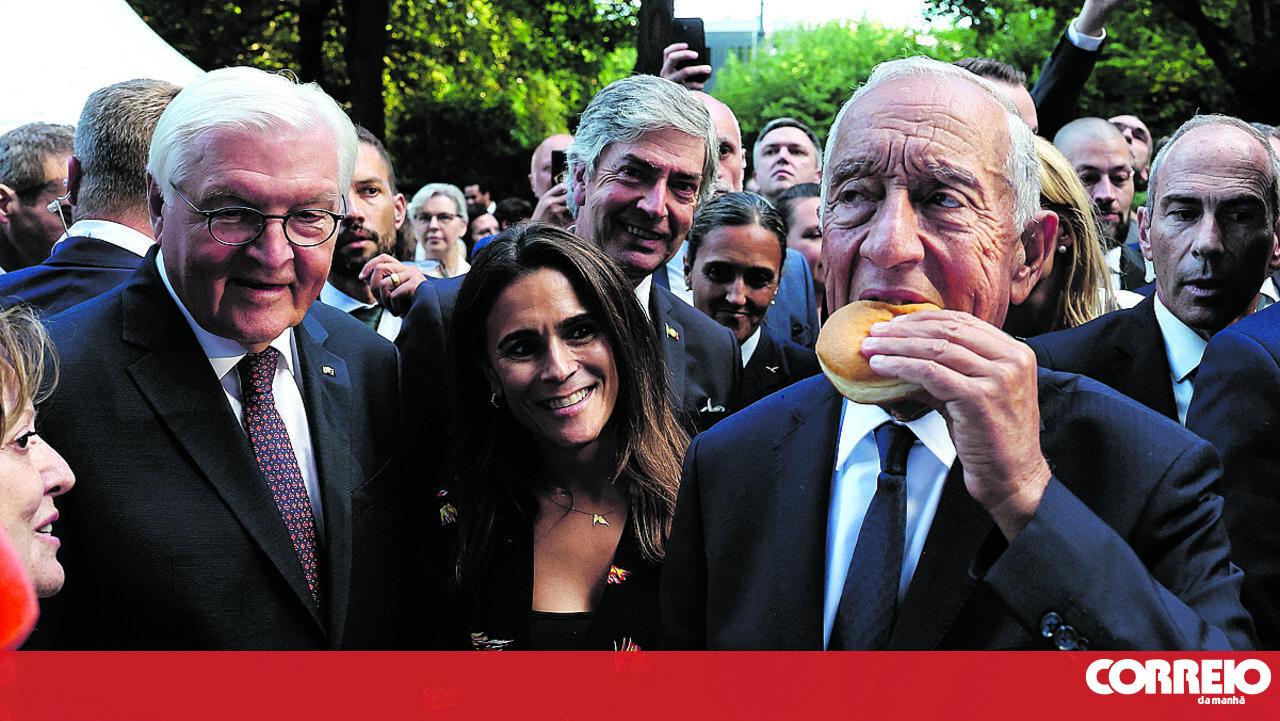
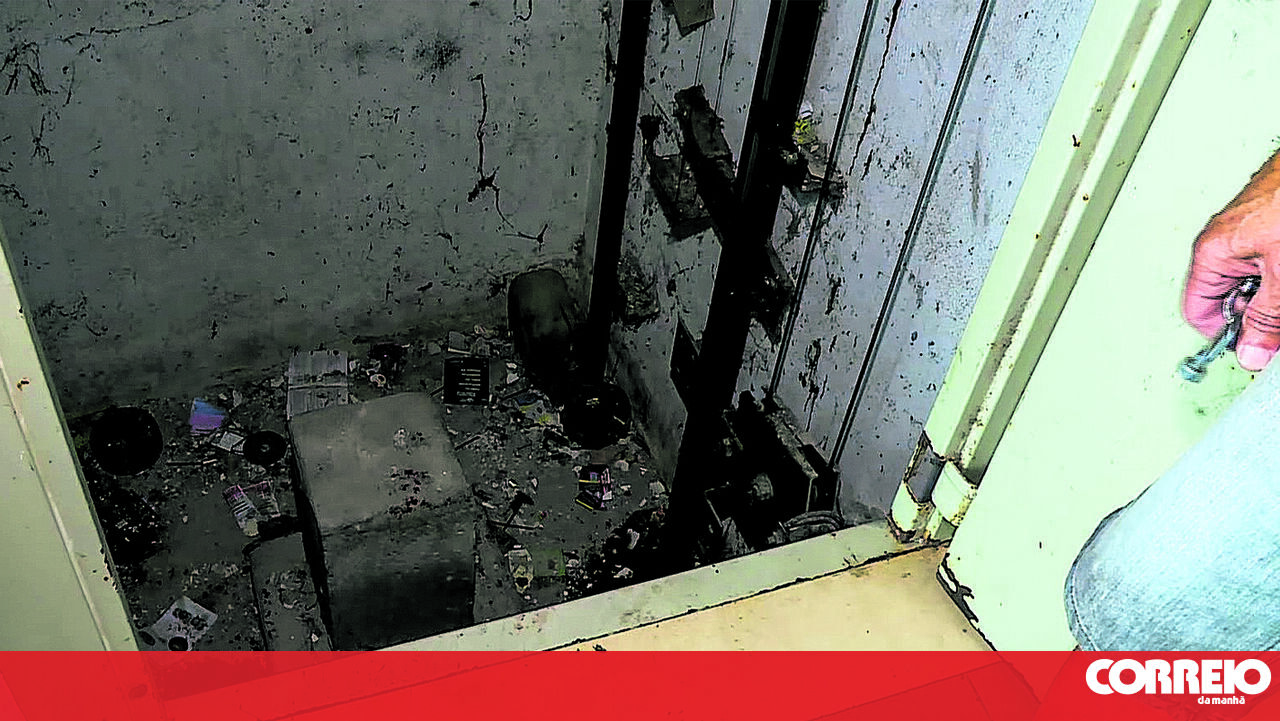

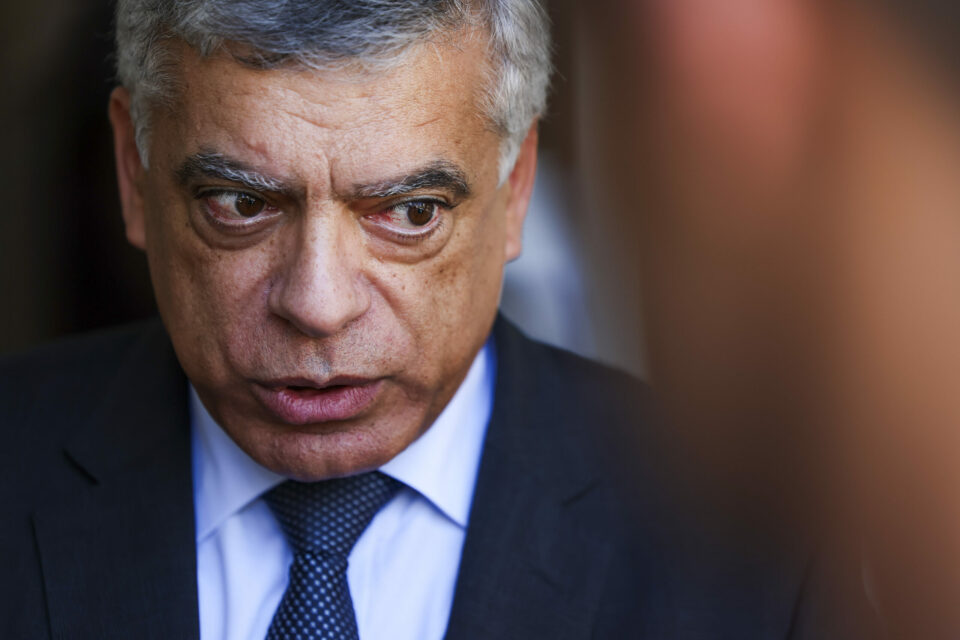
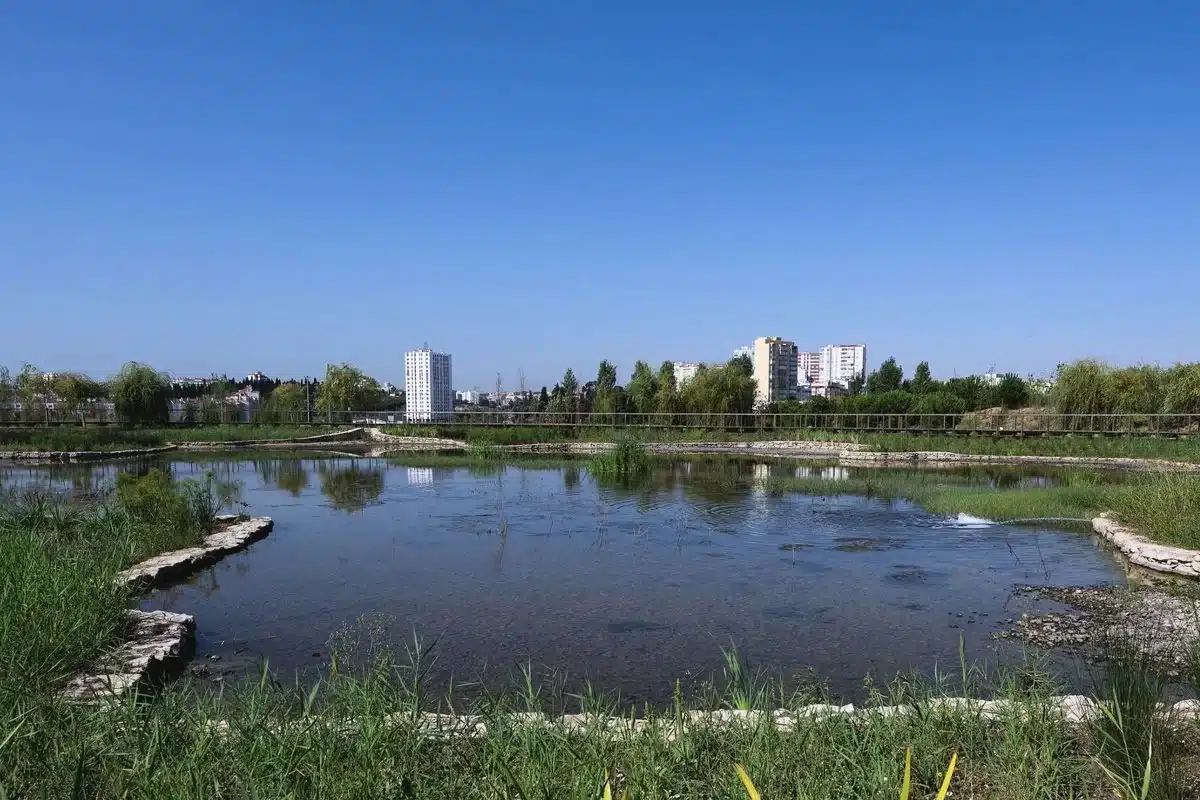



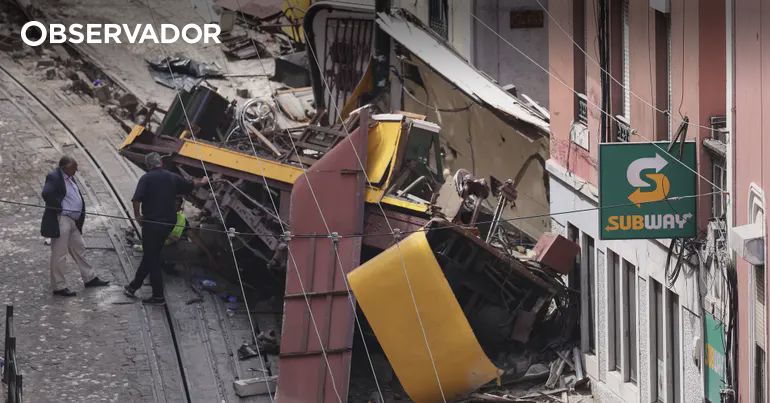
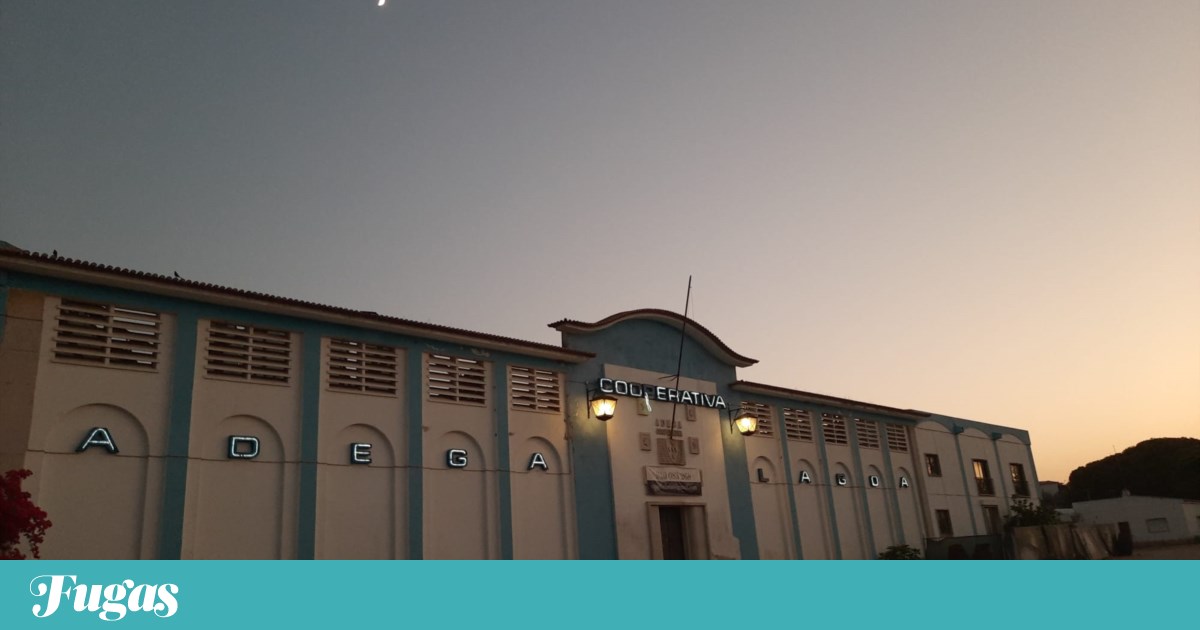

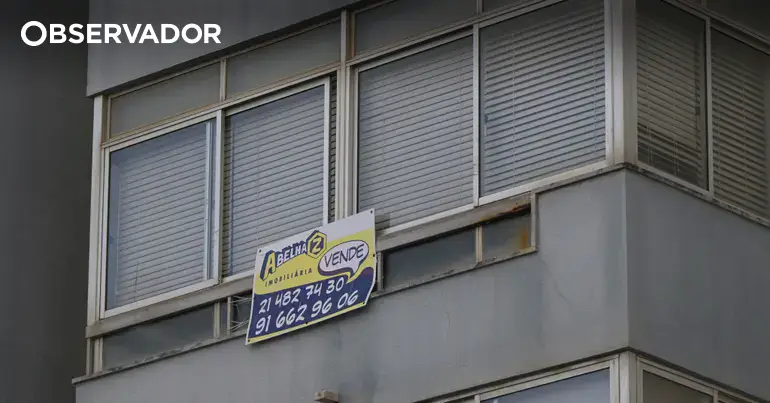
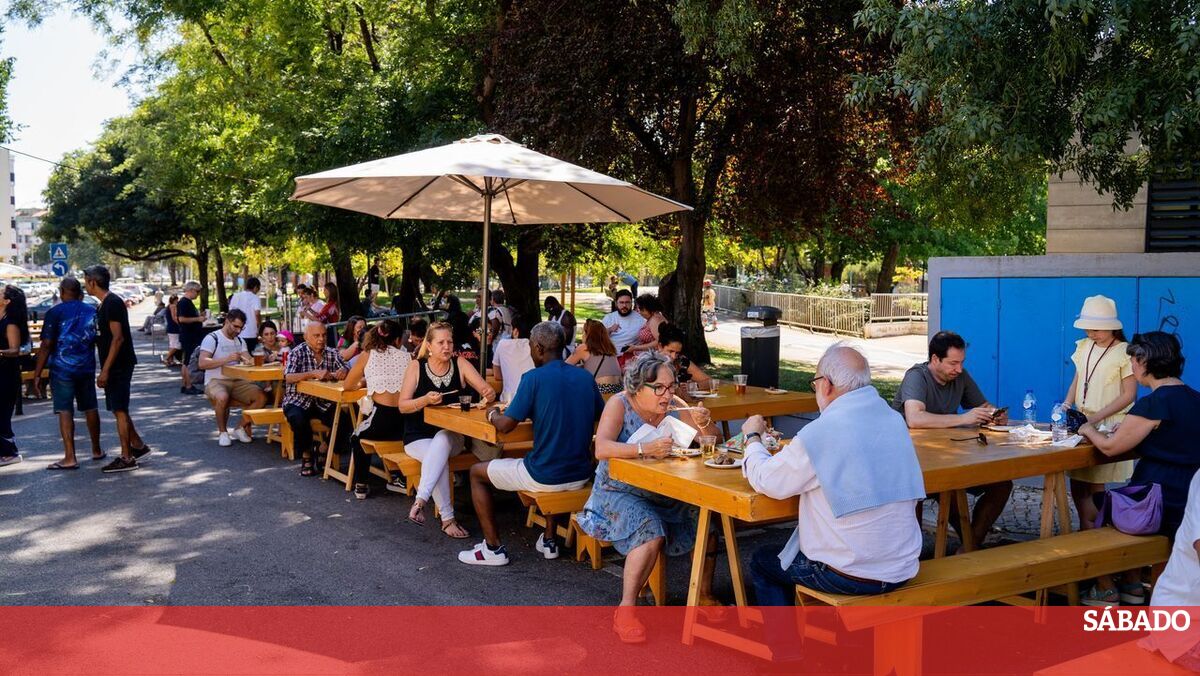
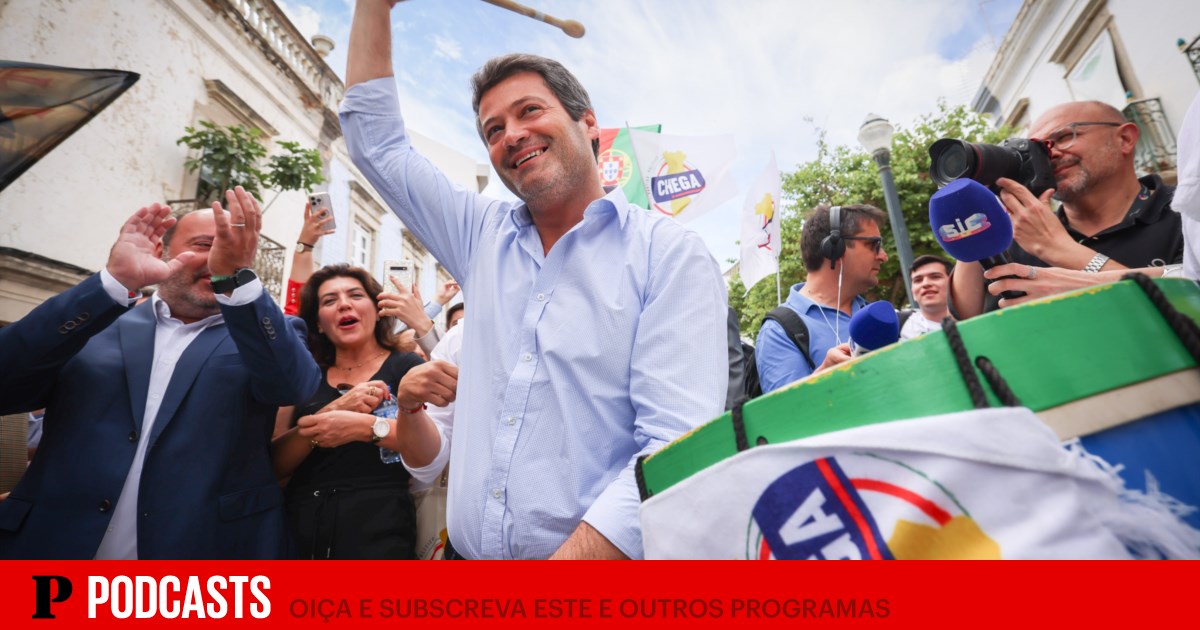


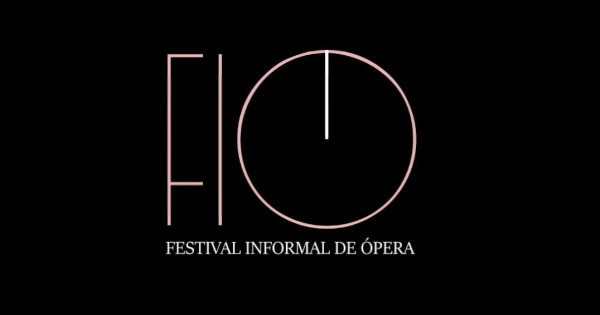

Comments
Join Our Community
Sign up to share your thoughts, engage with others, and become part of our growing community.
No comments yet
Be the first to share your thoughts and start the conversation!